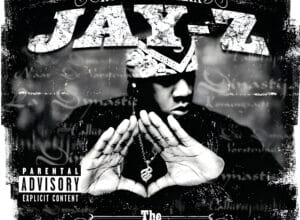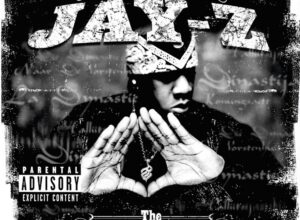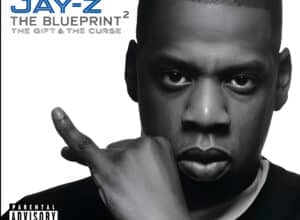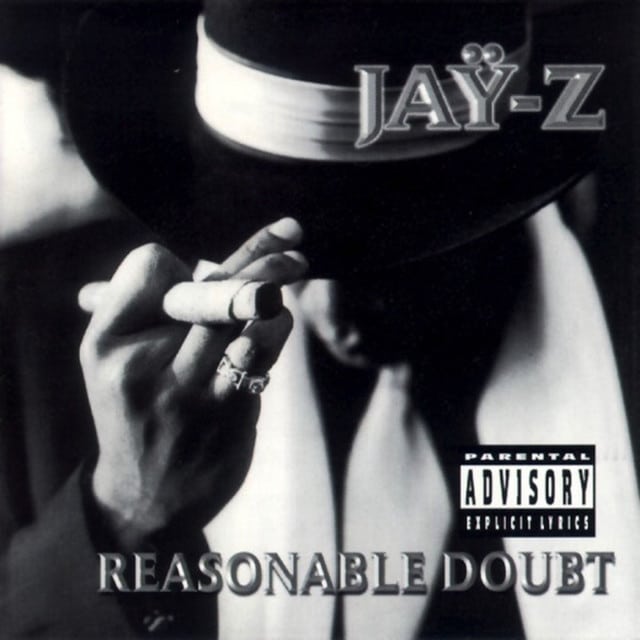“4:44” by JAY-Z is an intense confessional track where the rapper opens vulnerably about his indiscretions and the pain they caused his wife, Beyoncé. Set to a soulful and moody beat, the song delves into his struggles with fidelity, emotional availability, maturity, and the fear of his past actions negatively influencing his daughter, Blue Ivy.
Starting off the track, Jay’s lyrics express remorse for his consistent failings, aptly capturing his regrets about running away from responsibility. He vividly details how the birth of his daughter and his twin kids., perhaps Rumi and Sir, made him see through a woman’s eyes and believe in miracles. His famous line “I harassed you out in Paris / ‘Please come back to Rome,’ you make it home”, refers to a public argument with Beyoncé in 2014. It’s clear Jay Z understands the enormity of his mistakes and is willing to admit them openly.
In the following verses, Jay discusses how his actions led to his partner’s emotional distress, admitting to stunting their growth as a couple with his behavior. He acknowledges his inability to deliver on the love he professes and mourns the wasted time on superfluous matters, hence agreeing that he hasn’t treated his partner as he should.

At the heart of this track is Jay-Z’s confession of infidelity, and the pain he acknowledges it must have caused. His line “I cut off my nose to spite my face” employs a common proverb meaning doing something out of anger or pride that ends up being self-destructive—a clear reference to his extramarital affairs. The verse containing “What good is a ménage à trois when you have a soulmate?” shows a man grappling with his poor choices, acknowledging the sheer pointlessness of a threesome when compared to the importance of his soulmate, Beyoncé.
Toward its close, the song takes a darker turn as Jay-Z confronts the potential impact of his actions on his children, specifically their view of him. He imagines a future where he must explain his past mistakes, a task metaphorically compared to revealing that “Santa Claus is fake”. It’s Jay-Z at his most vulnerable and honest, a reflection of how deeply the fear of disappointing his children affects him.
Overall, “4:44” is a profound and haunting track from Jay-Z—a significant departure from the rapper’s usual braggadocio. It’s both a testament to his growth as an artist and his commitment to taking responsibility for his actions. It doesn’t shy away from portraying Jay-Z’s personal failings and serves as not just an apology to his wife but a broader reflection on his struggles with manhood, maturity, and responsibility.








